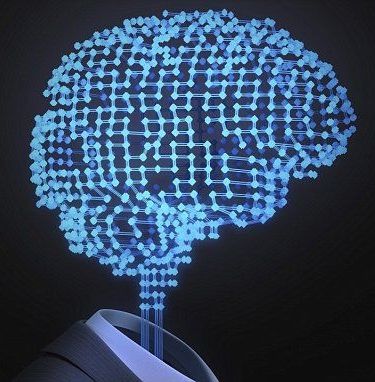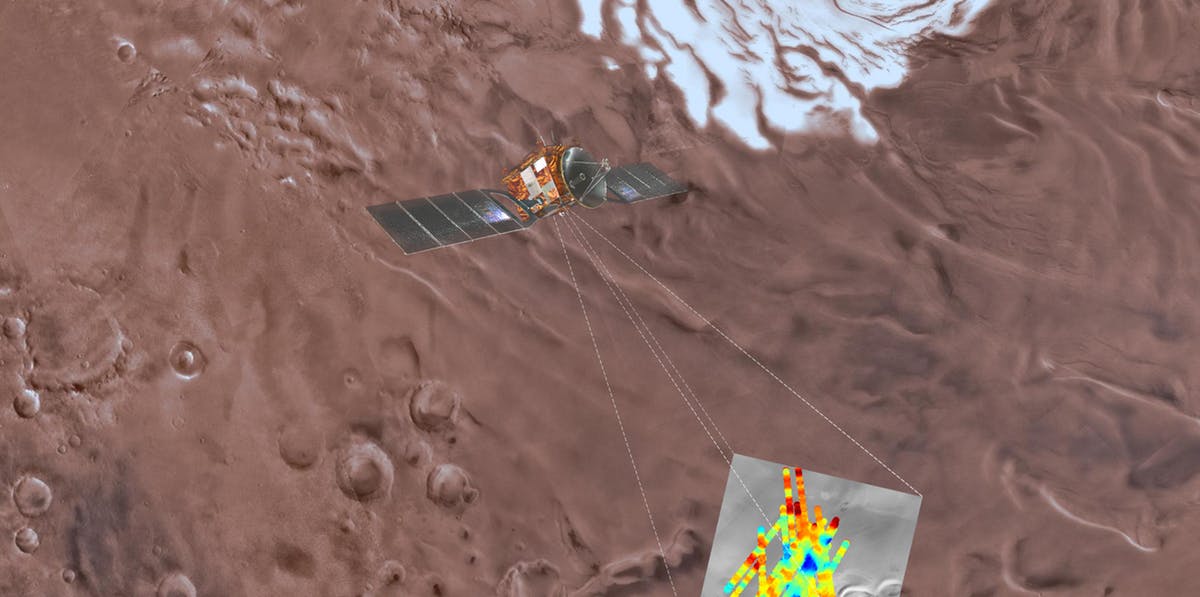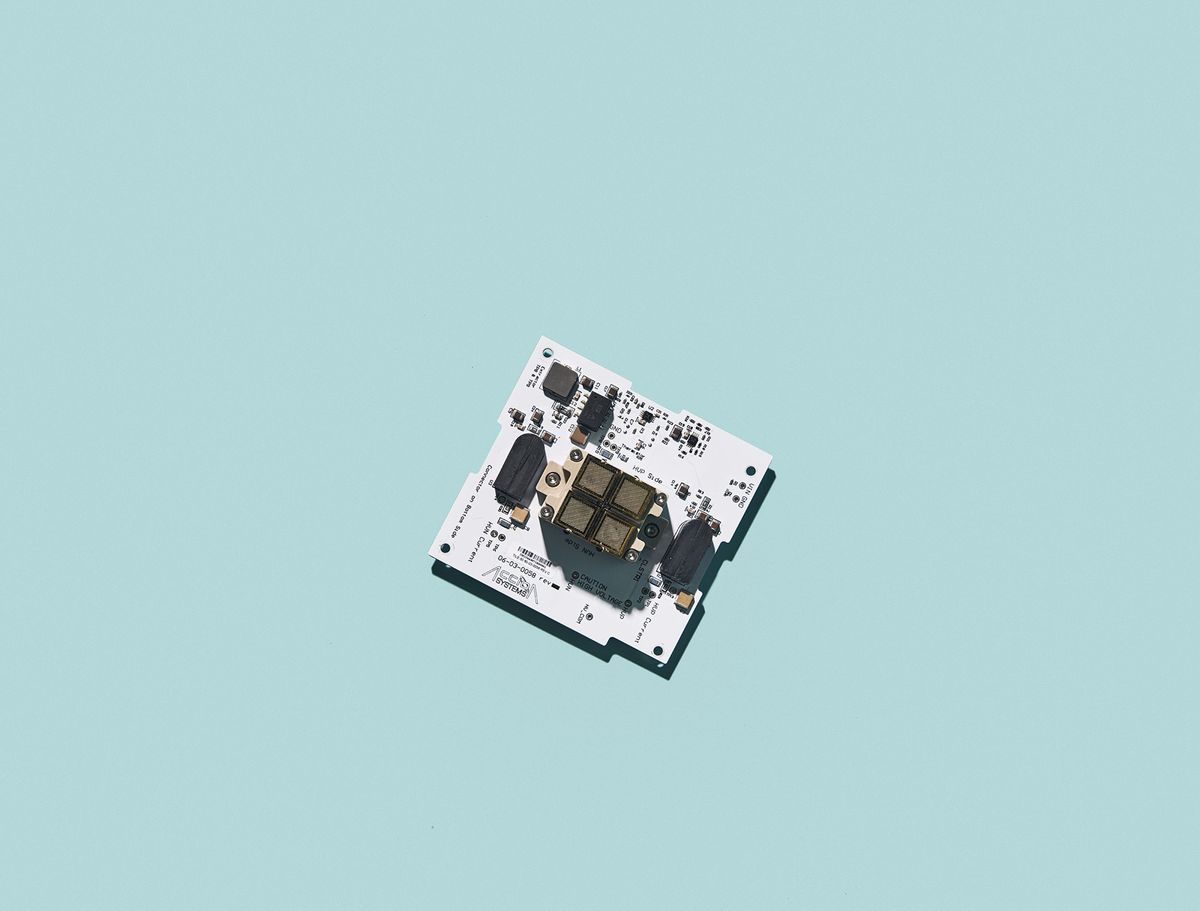Page 9984
Jul 26, 2018
Univ. of Washington opens virtual and augmented reality research lab funded by tech giants
Posted by Shailesh Prasad in categories: augmented reality, virtual reality

Seattle’s virtual and augmented reality scene just got a boost, courtesy of the University of Washington and three tech giants.
The UW announced today a new VR and AR research hub called UW Reality Lab, funded by Facebook, Google, and Huawei, which each contributed $2 million for the initiative.
Jul 26, 2018
Liquid Water on Mars! Really for Real This Time (Probably)
Posted by Alberto Lao in category: space
A radar instrument on one of the oldest operational Mars orbiters has discovered possible evidence of present-day liquid water on Mars.
Liquid water on Mars? Again? Yes, again. The announcement came at a press briefing held by the Italian Space Agency in Rome, concerning a paper published today in Science.
How is today’s water-on-Mars hoopla different from all of the past announcements? In brief: the evidence is from a new instrument, examining a new location on Mars, and it’s the first place we’ve seen evidence for a present-day body of water that is liquid and stays liquid. For years.
Continue reading “Liquid Water on Mars! Really for Real This Time (Probably)” »
Jul 26, 2018
Scientists Are Finally Figuring Out Why We Dream, And It’s Probably Exactly What You’d Think
Posted by Shailesh Prasad in category: neuroscience
Dreaming is one of the strangest things that happens to us, and for as long as we have been recording history, we have been puzzling over why our minds are so active while we sleep.
Finally, new research claims to have evidence as to what dreaming is all about — and it will probably surprise no one.
According to a team from The Swansea University Sleep Lab in the UK, dreaming really does help us process the memories and emotions we experience during our waking lives.
Jul 26, 2018
Scientists Find Evidence of Liquid Water Below the Surface of Mars
Posted by Shailesh Prasad in categories: alien life, physics
Scientists announced Wednesday that they’ve found evidence of a large body of water beneath the surface of Mars. It may not be little green men, but it’s pretty darn cool.
The announcement, which comes less than two months after the Curiosity Rover found evidence of organic molecules on Mars, adds one more piece to the puzzle for scientists searching the planet for signs that it could support life — or at least could have in the past. And while scientists have long known that Mars used to have liquid water billions of years ago, the fact that it could still have water is a big deal since there’s a possibility that this water may host living organisms.
The researchers involved in the discovery, a team of Italian astronomers and physicists, published their findings in a paper in the journal Science. In the paper, the team presents evidence collected from May 2012 to December 2015 by the MARSIS (Mars Advanced Radar for Subsurface and Ionosphere Sounding) experiment aboard the Mars Express spacecraft that shows evidence of a large body of liquid water.
Continue reading “Scientists Find Evidence of Liquid Water Below the Surface of Mars” »
Jul 26, 2018
Ion Engine Startup Wants to Change the Economics of Earth Orbit
Posted by Klaus Baldauf in categories: alien life, economics, engineering, finance, habitats, information science, law
For as long as she can remember, she’s puzzled over what’s out there. As a kid drifting off to sleep on a trampoline outside her family’s home near Portland, Ore., she would track the International Space Station. She remembers cobbling together a preteen version of the Drake Equation on those nights and realizing that the likelihood of intelligent alien life was something greater than zero. Star Trek marathons with her father catalyzed her cosmic thinking, as did her mother’s unexpected death when Bailey was 8. The house lost some of its order—some of its gravity—which led to more nights gazing skyward on the trampoline.
In college, Bailey got a hard-won paid internship at the now-merged aerospace giant Hamilton Sundstrand and joined a team repairing turbine engines. She hated it. “It was the opposite of pushing the envelope,” she says. “Nothing new ever went into that building. Nothing new ever left that building.”
By the time she set off to get a master’s degree in mechanical engineering at Duke University, the idea of logging 30 years at a place like Boeing Cor NASA had lost all appeal. She tried her hand at finance and later law, and was unlucky enough to excel at both. “I made it pretty far down that path, but then I thought, Wait, if I become a lawyer, then I’m a lawyer and that’s what I do,” she recalls. “What if I don’t want to do that on Tuesdays?”
Continue reading “Ion Engine Startup Wants to Change the Economics of Earth Orbit” »
Jul 26, 2018
NASA-awarded ‘marsha’, a 3D-printed vertical martian habitat
Posted by Klaus Baldauf in categories: 3D printing, habitats, robotics/AI, space

3D printing refers to various processes used to manufacture three dimensional objects in successive layers of material formed under computer control.
NASA-awarded ‘marsha’, a 3D-printed vertical Martian habitat by AI spacefactory.
Continue reading “NASA-awarded ‘marsha’, a 3D-printed vertical martian habitat” »
Jul 26, 2018
Google wants you to use its new physical keys to secure your account
Posted by Genevieve Klien in categories: mobile phones, security
You should already be using two-factor authentication to prevent unauthorized access to your online accounts. While your phone is up to the task of helping you with that, Google believes it’s time for to take the next step: using a physical security key.
At its ongoing Google Cloud Next event, the company announced that it’s launched the Titan Security Key, which lets you log in to your account on your desktop by authenticating your identity with over USB or Bluetooth.
Check out TNW’s Hard Fork.
Continue reading “Google wants you to use its new physical keys to secure your account” »
Jul 26, 2018
Cities need to stop selling out to big tech companies. There’s a better way
Posted by Derick Lee in category: education
Giant technology companies in the US, which include some of the world’s most profitable firms, have been pledged at least $9.3bn in state and local subsidies over the last five years – much of it coming from the coffers of cities and states with failing infrastructure, struggling schools and broken budgets.
Fostering local hi-tech success doesn’t have to mean offering huge tax breaks to companies like Apple and Amazon. Here are some alternative strategies.
Jul 26, 2018
Mexican company makes super-realistic prosthetics
Posted by Nicholi Avery in categories: biotech/medical, cyborgs
Click on photo to start video.
These prosthetics are so realistic that it’s hard to tell what is real or fake.















